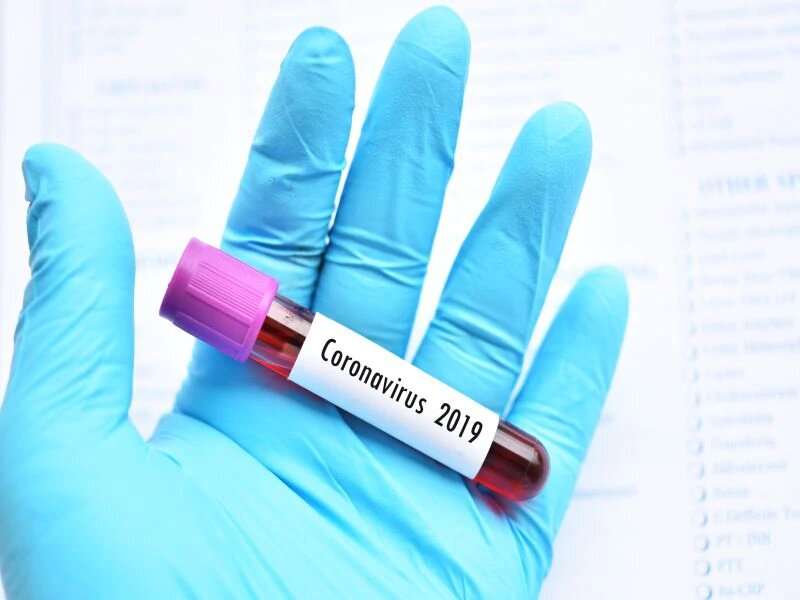(HealthDay)—In a finding that should encourage scientists who are racing to develop coronavirus vaccines, a new study out of Iceland suggests that immunity to the disease may not be as fleeting as first thought.
Among 30,000 Icelandic residents who were tested for antibodies to COVID-19, researchers discovered the antibodies stayed in people's systems for at least four months, the study found.
Of those who tested positive for the coronavirus, 487 had received multiple antibody tests. In the first two months after a patient was diagnosed, the antibodies that can confer immunity rose significantly. For the next two months, antibody levels remained stable, according to the study published Tuesday in the New England Journal of Medicine.
In a commentary that accompanied the study, scientists from Harvard University and the U.S. National Institutes of Health noted that while the Icelandic research focused on a largely homogeneous population, "this study provides hope that host immunity to this unpredictable and highly contagious virus may not be fleeting and may be similar to that elicited by most other viral infections."
Earlier research on coronavirus antibodies had indicated that immunity might be short-lived, leaving people vulnerable to reinfection. But the Icelandic study offers hope that a vaccine that triggers a strong immune response will have a longer-lasting effect than some had believed.
Interestingly, the Icelandic researchers also found that women, nonsmokers and older patients had higher levels of antibodies, as did those who had suffered more severe infections, the newspaper said.
Also on Tuesday, the Trump administration announced it will not join a global effort to develop, manufacture and equitably distribute a coronavirus vaccine, in part because the World Health Organization is involved.
More than 170 countries are discussing participating in the COVID-19 Vaccines Global Access (Covax) Facility, which aims to speed vaccine development, secure doses for all countries and distribute them to the most high-risk segment of each population, the Post reported.
The plan, which is co-led by the WHO, the Coalition for Epidemic Preparedness Innovations and the vaccine alliance known as Gavi, is backed by traditional U.S. allies, including Japan, Germany and the European Commission, the executive arm of the European Union, the Post reported.
In recent months, President Donald Trump has criticized the WHO over what he described as its "China-centric" response to the pandemic.
More information: The U.S. Centers for Disease Control and Prevention has more on the new coronavirus.
Journal information: New England Journal of Medicine
Copyright © 2020 HealthDay. All rights reserved.
























